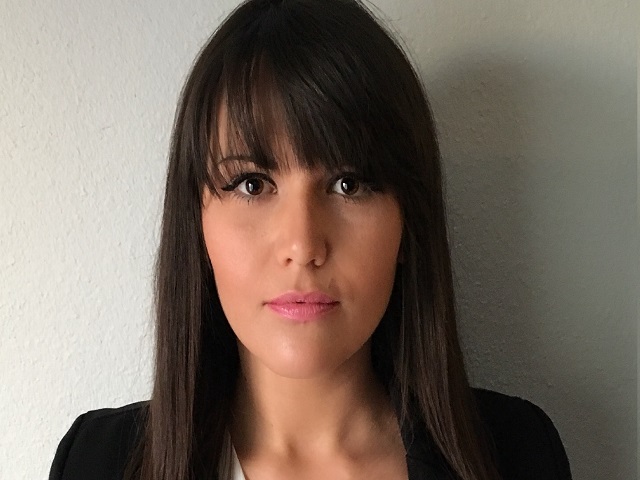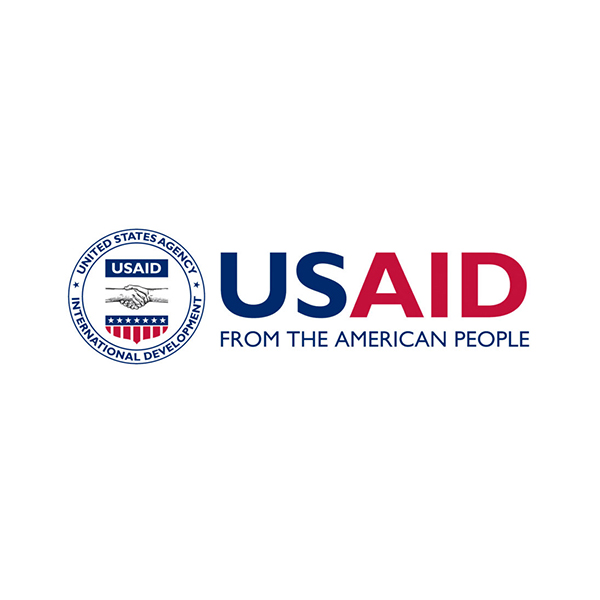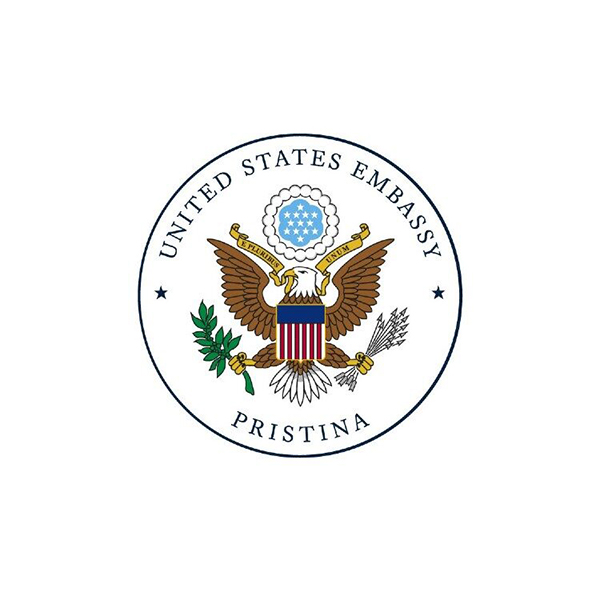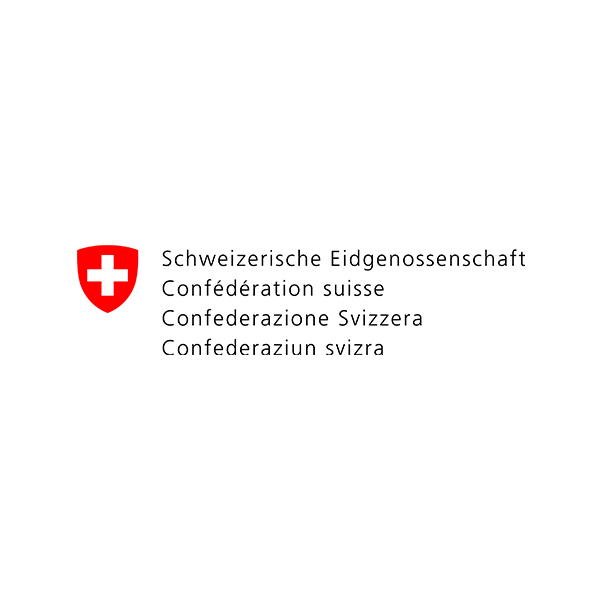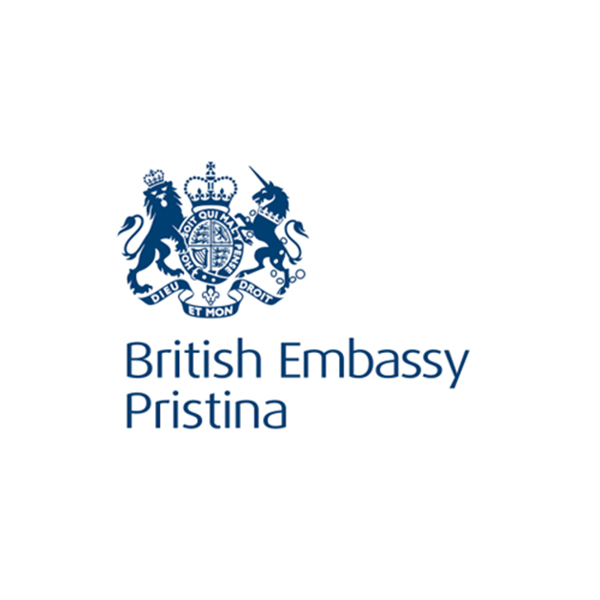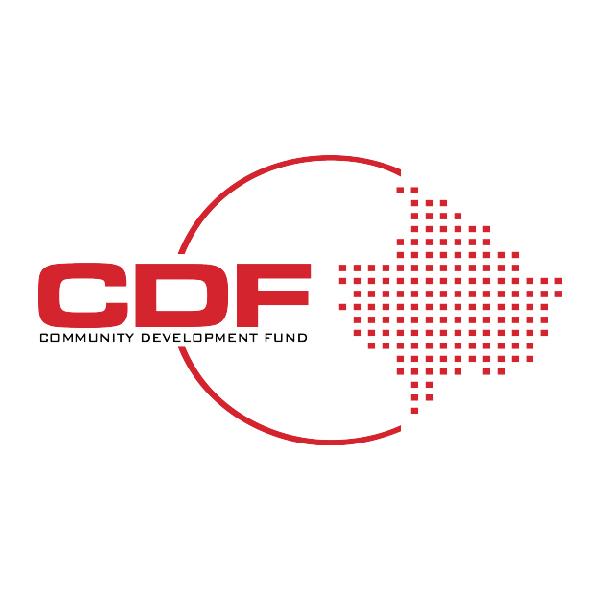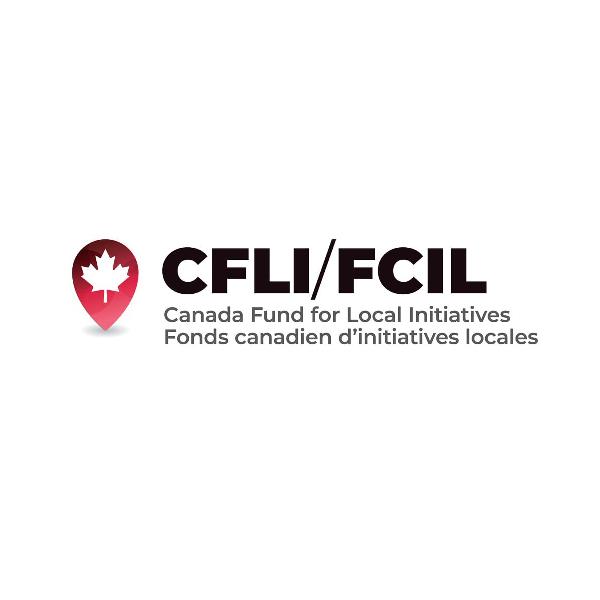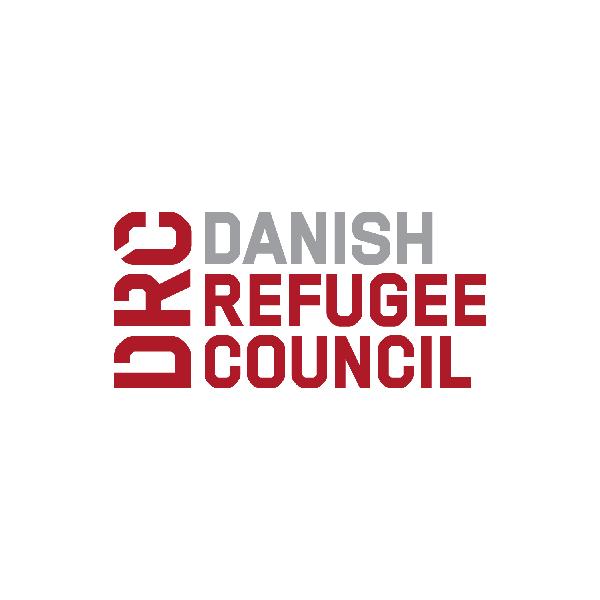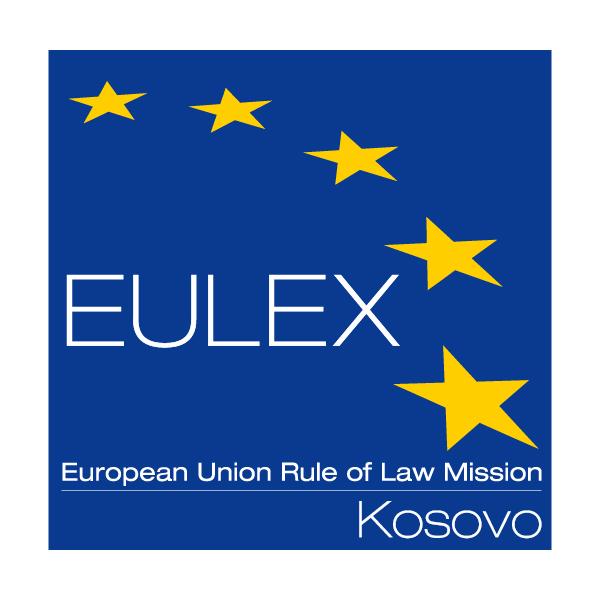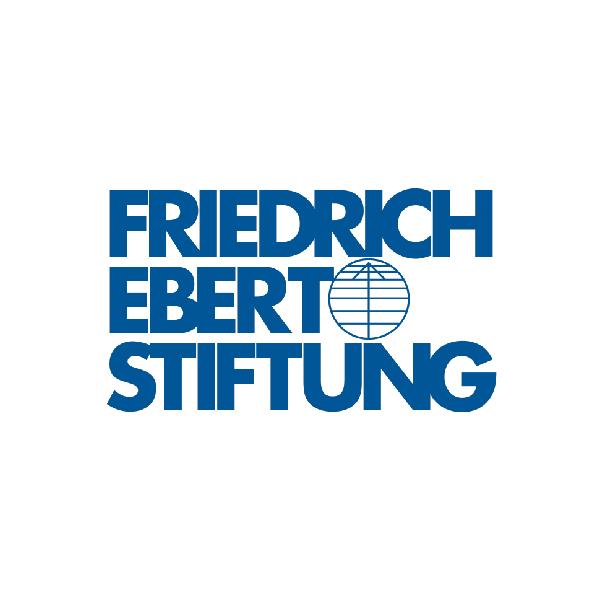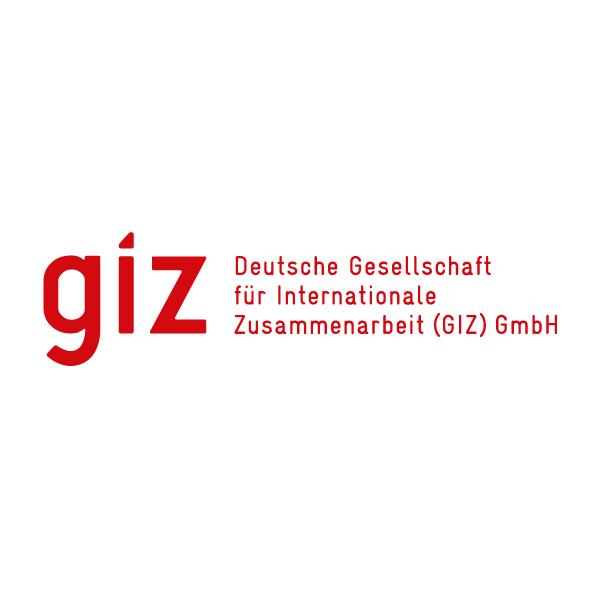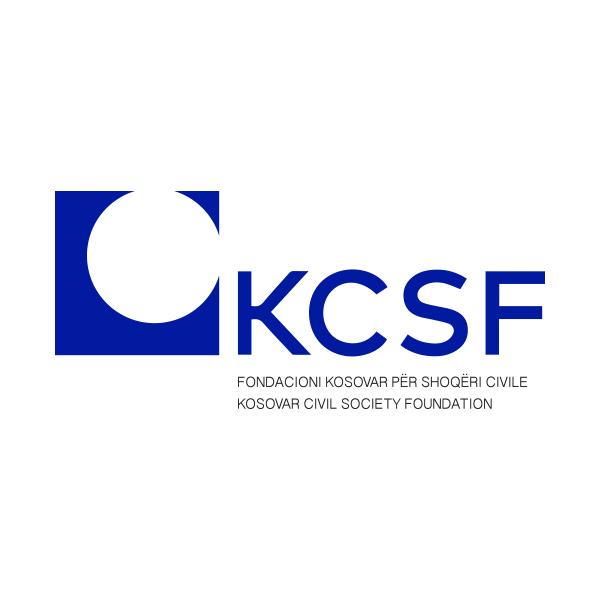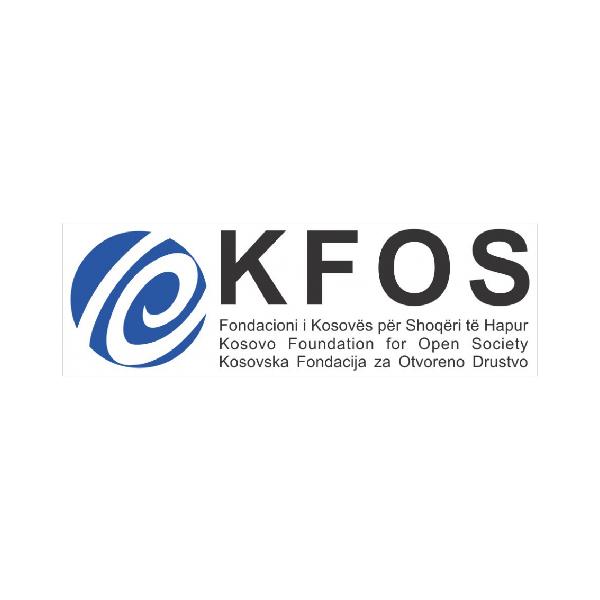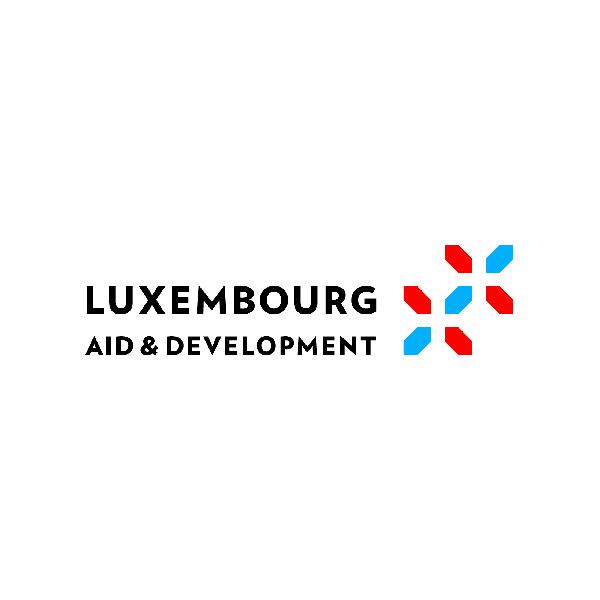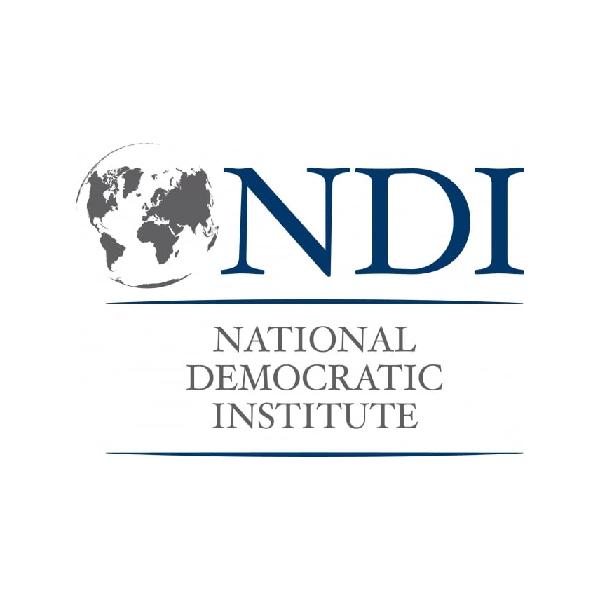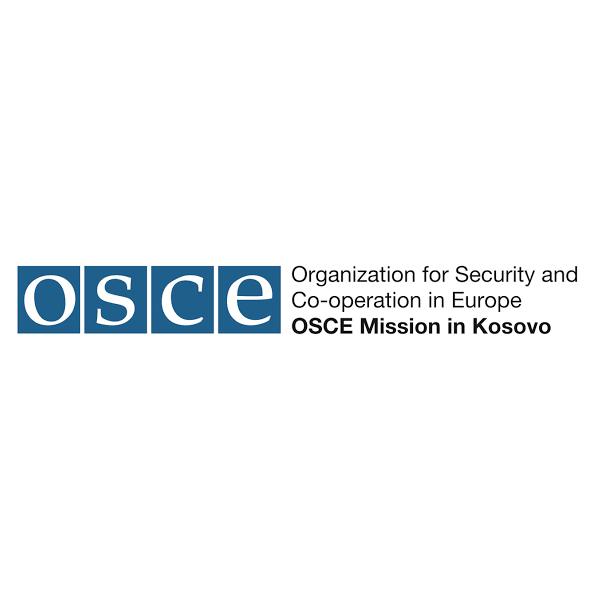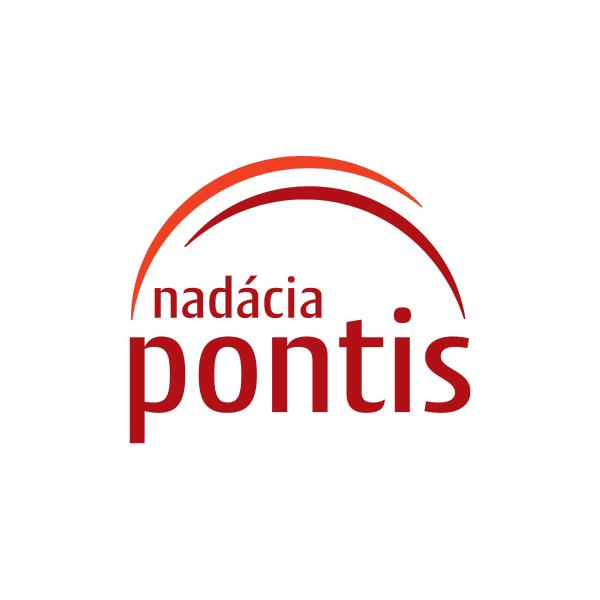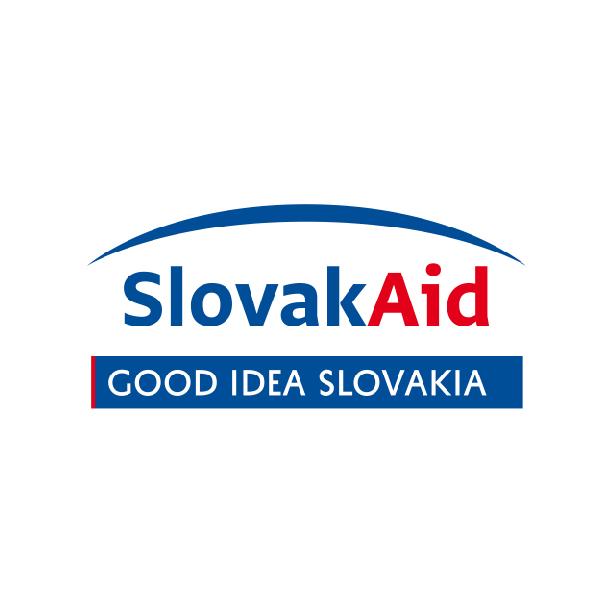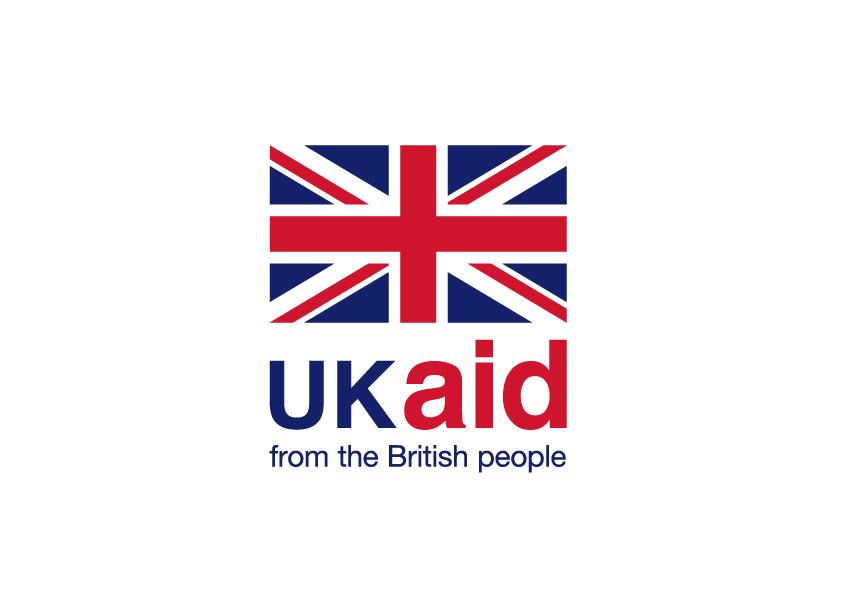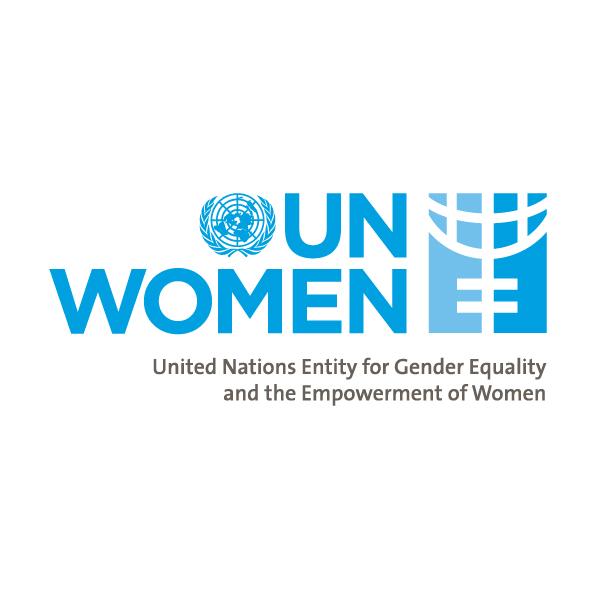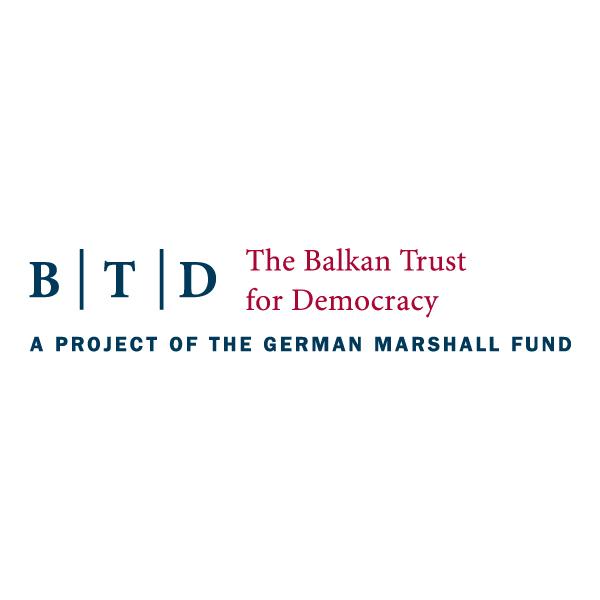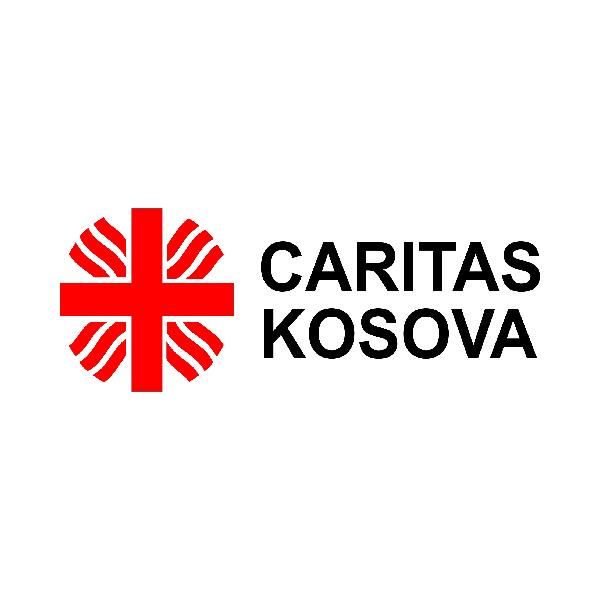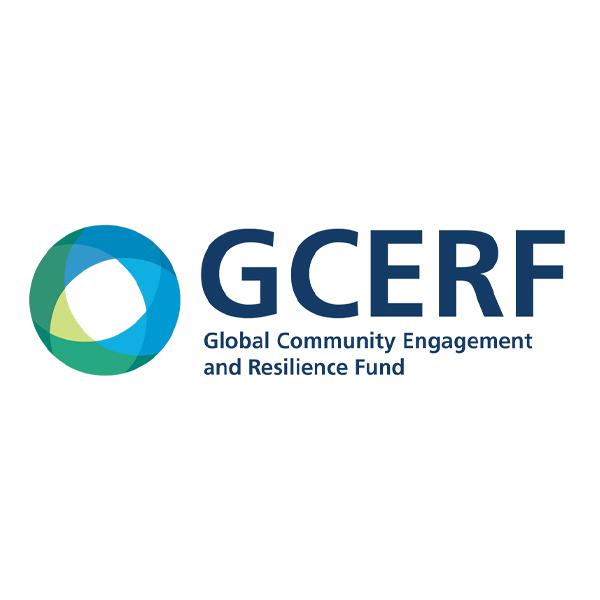Even though, we are going through the second half of 2022. the political officials in Kosovo are still skillfully avoiding the topic of reconciliation. The first unsuccessful attempt of the Kosovo government to address this important issue commenced thirteen years after the Kosovo conflict, to precise back into 2012. Initiated by the then ruling political party, the very first official attempt at reconciliation ended ingloriously after five long years. There were no concrete results and no involvement of non-majority communities and representatives of civil society in what had to be a dialogue and mutual confrontation with the past. After all, there are more important issues to be resolved, such as the high unemployment rate, inflation, lack of economic opportunities, and unfavorable and almost devalued position of women in Kosovo. At least this is what most of the citizens, including the Kosovo Government, believe. It seems that although very unsuccessful in resolving these issues Kosovo Government uses it as an excuse whenever the international community asks- “so, what’ the hang-up?”

Regardless, the process of reconciliation commenced almost unconsciously. As the number of newly opened hypermarkets grew overnight in south Mitrovica, along with tempting discounts in “Serbian pharmacies” over the weekends in North Mitrovica, the number of people that decide to “cross over to the other side” became even bigger. While waiting for a new solution and a new formal attempt at reconciliation, the judiciary integrated. The newly established municipal administration of North Mitrovica “opened its doors” and new employment opportunities for members of all communities. This is how the citizens quietly and without pomp initiated the concrete actions towards reconciliation and obstacles and division between the north and the south became fewer.
In comparison with the irrational fear of the “famous bridge”, which after the conflict became a place of division and an invisible border between “these” and “those”, “ours” and “theirs”, the fear of “cleaned out wallet” and starvation was much larger. Therefore, the Kosovo Albanians and Serbs, as well as members of other communities, began to cross the “main” Mitrovica bridge every day to go to work and bring the much-needed income to their families. While waiting for a new instant solution, life continued to flow. Both Kosovo Albanians and Kosovo Serbs used the opportunity to buy more with less. They started “crossing to the other side” to buy groceries and medicines that were at discount.
And so, day by day, month by month, year by year, the second official attempt to begin the reconciliation began with the establishment of an inter-ministerial group dealing with the past in 2017. Like the previous one, this attempt to reconcile has not been successful. The government representatives, however, blamed the coronavirus pandemic for its failure. In the meantime, the number of stores that opened in a multiethnic neighbored Bosniak mahalla was higher than ever before. As such, Bosniak mahalla continued to be an example of excellent interethnic cooperation in the Mitrovica region.
As “the most valuable tourist attraction”, it continued to attract not only Kosovo Serbs but also those who come to Mitrovica for the first time from Serbia, Montenegro, and other countries in the region. No one could resist and not buy Nike shoes for twenty euros, or an Adidas tracksuit for only ten. Satisfied business owners without any prejudice employed workers from diverse communities. They succeeded in what the government failed- to ensure the participation of all communities, respect their language rights and provide them with relevant information in their language…
Despite the various reports that indicate that Kosovo’s citizens are tired, exhausted, and affected by inflation and rising prices, the so-called main bridge remains a reminder that in the end, we are two different worlds. Still, the individuals eager for change and a normal life decided to help each other and cohabit. So, it seems that the work of non-governmental organizations in Kosovo was certainly not in vain.
In the end, a large number of people decided to make life easier and cross to the “other” side by opting for coexistence. I guess they were tired of traveling to Raska and Prishtina to take their pets to the vet or their children to the pediatrician. They have probably learned that the greatest proof of patriotism is the fulfillment of basic needs and the well-being of their loved ones. Although, these tacit peace agreements are not talked about regardless of the political turmoil they are pretty much successful.
Belgrade, Tirana, and Brussels are too far away. Whether we like it or not, we are closest to each other. And yet many of us do not want life to pass us by. While politics should be the responsibility of the politicians, our daily common needs should be above everything. We shouldn’t wait for them to tell us who is in charge of resolving the issue of stay dogs in Mitrovica or communal waste near the Mitrovica “main” bridge. We are the ones in charge, cause life cannot wait, and neither we can!

